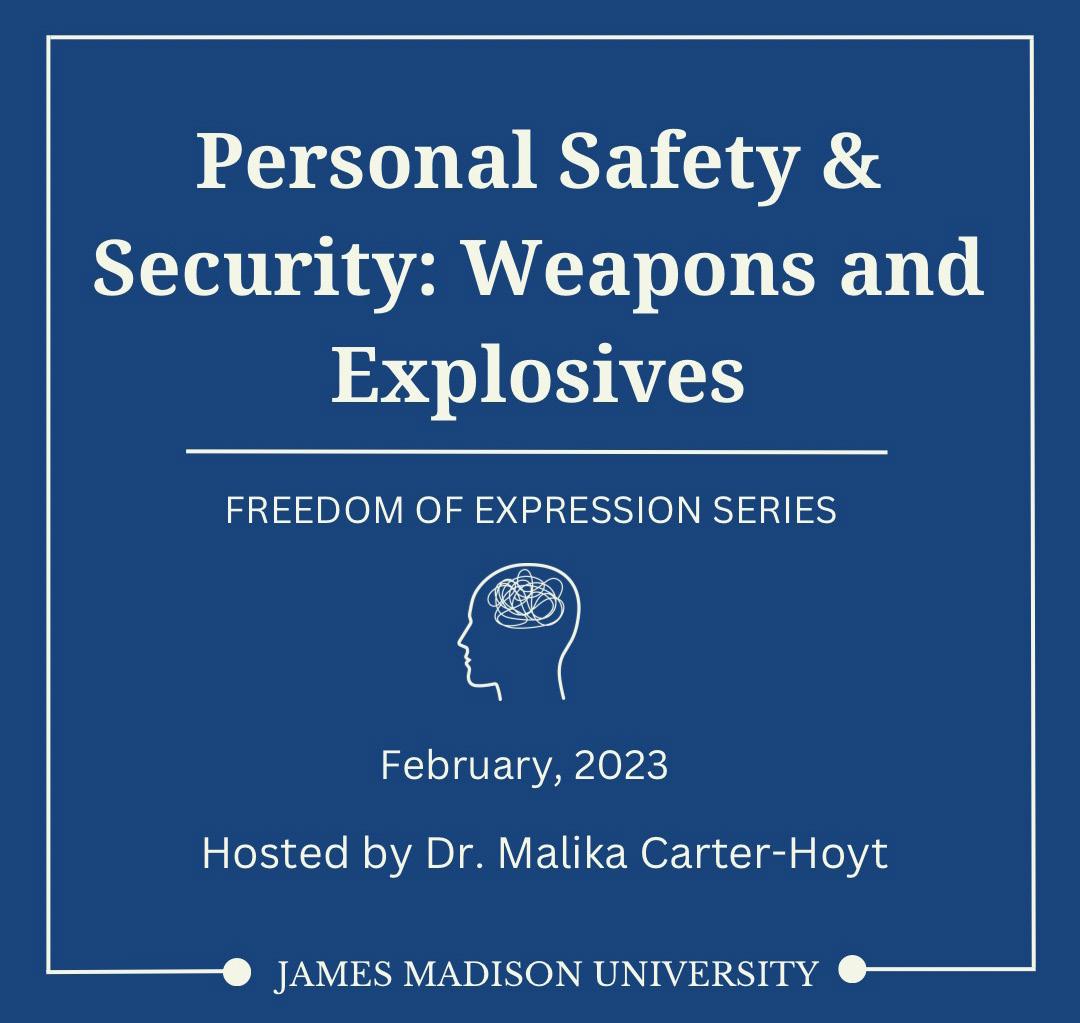
3 minute read
Madison Center fosters conversation on First Amendment, campus safety Expression protection
from The Breeze 2.23.23
by The Breeze
By ELEANOR SHAW The Breeze
The James Madison Center for Civic Engagement hosted the second session of its Freedom of Expression Information Series on Tuesday to discuss “Personal Safety and Security: Weapons and Explosives,” specifically on how freedom of expression impacts campus safety.
Advertisement
Malika Carter-Hoyt, JMU’s vice president for diversity, equity and inclusion (DEI) and chief diversity officer, facilitated the Zoom discussion, which featured Arthur Dean, associate vice president for DEI; and Mark Young Sr., director of emergency services and risk management at JMU.
Participants were asked to submit their questions prior to the discussion. There were 41 participants in total. Unlike the first discussion, participants weren’t offered an opportunity to speak up unless explicitly invited.
Carter-Hoyt mentioned the Vision of the Commonwealth, which outlines the guiding principles for public education in Virginia.
“We are part of a larger structure that makes Virginia run,” Carter-Hoyt said.
Carter-Hoyt asked the guests to speak on how free expression has impacted their respective professions.
“One of the things we try to do in emergency management … is to be brutally honest and find a solution to something that may have … a problem going on,” Young said.
Young said on both the emergency management side and the risk management side, it’s important to be brutally honest to find out what’s wrong Carter-Hoyt introduced a tool called the Johari Window, which she said is used to think through situations to analyze what one can and can’t see … including oneself and others. Carter-Hoyt said she’s used the Johari Window on a policy terrain and in an institutional way.
Carter-Hoyt asked, generally, what trainings Dean and Young have encountered in their professions. Young spoke of his experience with JMU’s police department and building coordinators and efforts to keep an open line of communication flowing through campus, while Dean acknowledged safety trainings put in place in the wake of the 2007 mass shooting at Virginia Tech.
“There’s a lot going on in the country, as well as the average neighborhood,” Dean said. “Many people are attracted to this topic because they may have experienced something.”
Carter-Hoyt also discussed the Clery Act, federal legislation enacted in 1990, which universities nationwide are legally bound to follow, including JMU. The Clery Act requires all universities, private or public, to report crimes on and around their campuses.
The conversation then transitioned to protected speech — which was defined as “all ideas”, including art, political beliefs and controversial speech. Carter-Hoyt identified the First Amendment as the ultimate legal framework when it comes to free speech.
“It is important for people who do the work of inclusion to understand … just what their responsibilities are and just what their rights are,” Carter-Hoyt said.

The First Amendment protects the freedom of speech, protest, press, petition and religion. The panel focused specifically on speech.
Carter-Hoyt mentioned key Supreme Court cases that provide additional framework when it comes to protections and restrictions of free speech, including Texas v. Johnson, which ruled burning the American flag was protected speech under the First Amendment; Saxe v. State College Area School District, which ruled that policy restricting “unwelcome” and “offensive” speech on public school grounds violates the First Amendment’s Free Speech Clause; and Tinker v. Des Moines, which defined First Amendment rights of students in U.S. public schools.
She also identified harassment and threats as being unprotected by the First Amendment. Dean differentiated the two, saying harassment is offensive while threats have the intention of harm or violence.
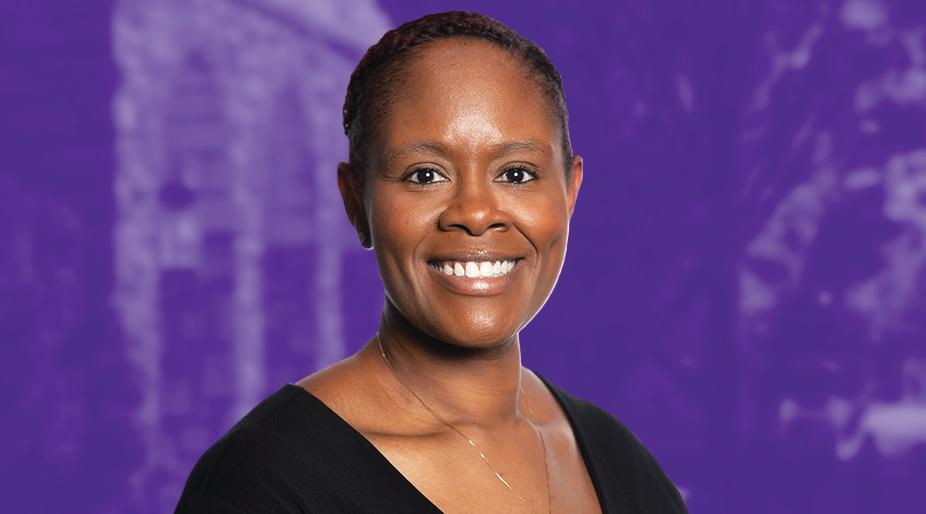
“If we see something, we don’t just want to ignore it,” Dean said. “We want to say something.”
Young said to create a more open and comfortable environment, it’s necessary to create a sense of transparency and trust within the community, to which Dean agreed.
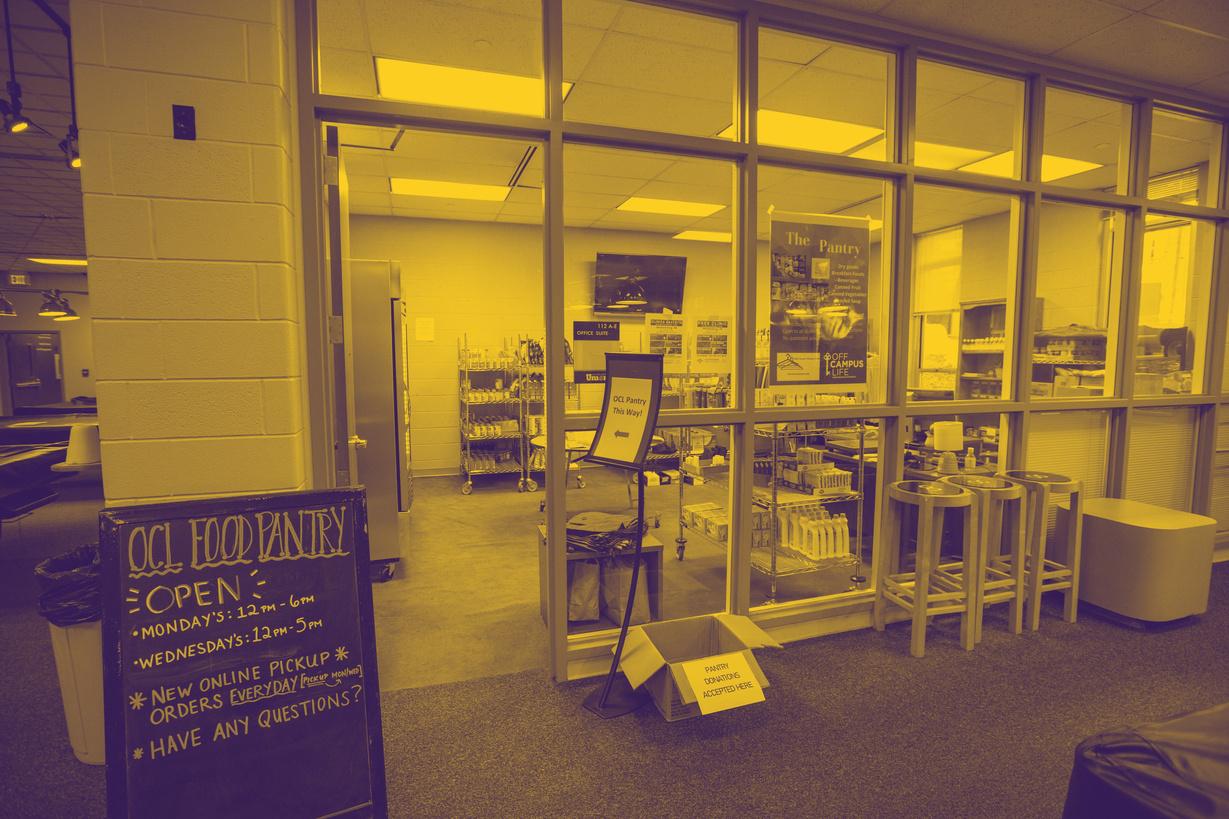
Carter-Hoyt then introduced the questions submitted prior to the session, which focused on issues such as the right to bear arms, finding common ground in contentious conversations, intentions of weapon ownership, JMU’s weapon policy and active shooter situations. Specific questions included what should people do during an active shooter situation and how people can find common ground with someone who has a different opinion on the right to bear arms than they do.
GraphicbyShirinZiaFaqiri/TheBreeze
“The challenge for most people is our own definitions,” Dean said. “JMU’s processes are determined by how we define them. The key piece is how we help people navigate these things.”
The three speakers discussed the processes of reporting, investigating and handling real or perceived threats that are reported on campus, which varies by department. The participants said the process begins with a report, and the investigation and resolution are dependent on each department. Dean and Young both encouraged participants to be involved and speak up about what they may see on campus.
JMU Police Department (JMU PD) Police Chief Anthony Matos attended the event and contributed to the conversation. Matos said there are no national firearm restrictions besides the fact that someone must be legally able to obtain one.
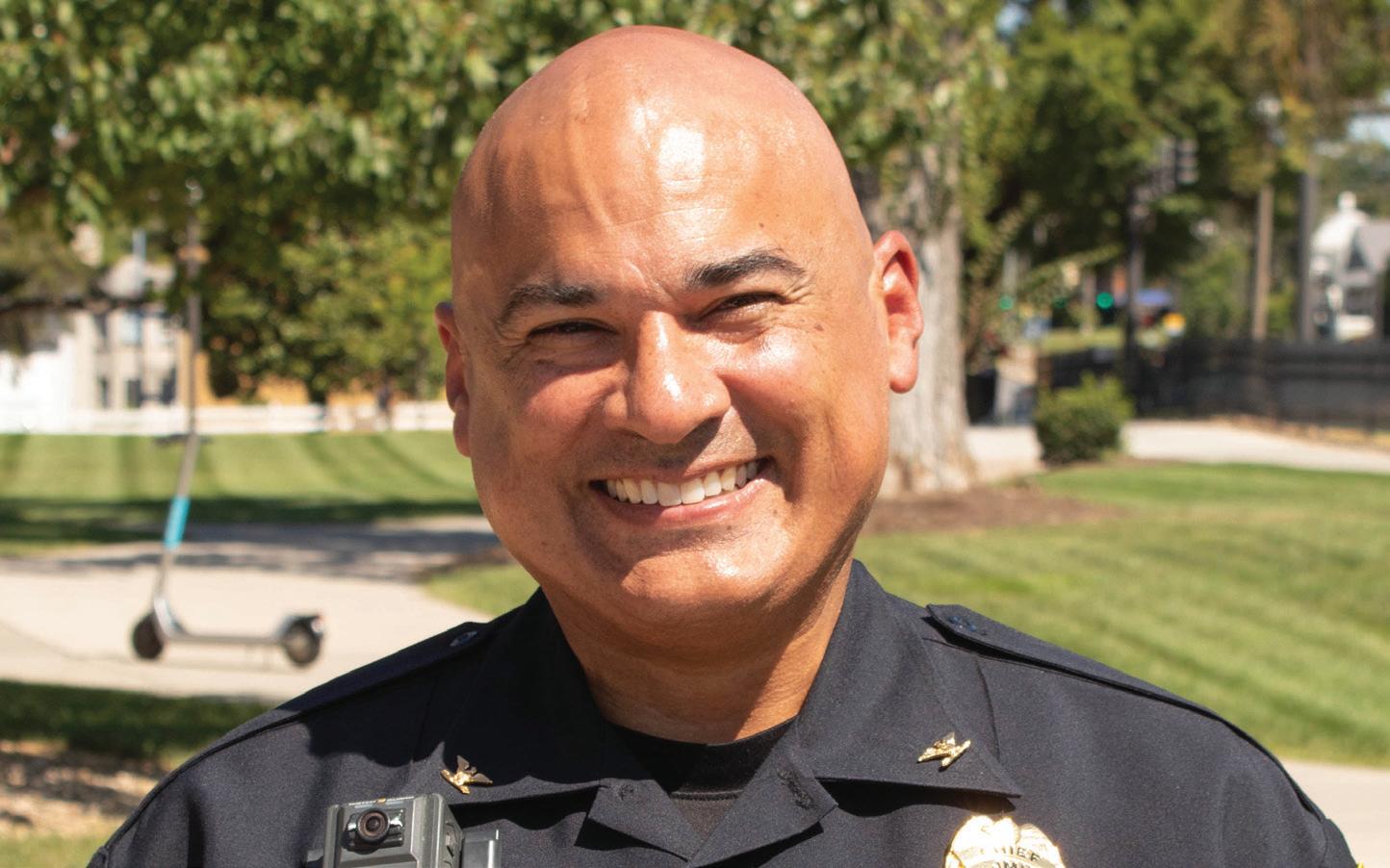
“We [JMU police] can make sure that we provide the best possible safety and security on this campus through our visual presence [and] what we bring in terms of our tactics and our training.”
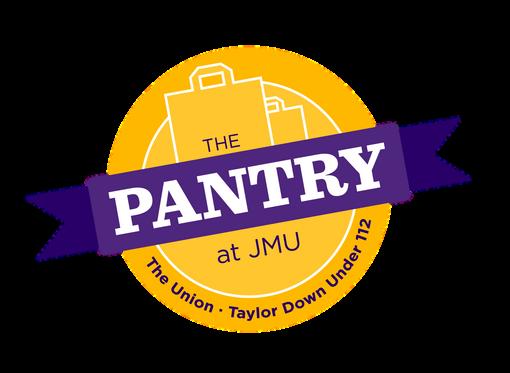
Carter-Hoyt closed the panel by thanking guests and participants and encouraged them to join a future session in the ongoing series. The next event in the Freedom of Expression series is March 21.
CONTACT Eleanor Shaw at shaweo@dukes. jmu.edu. For more coverage of JMU and Harrisonburg news, follow the news desk on Twitter @BreezeNewsJMU.










